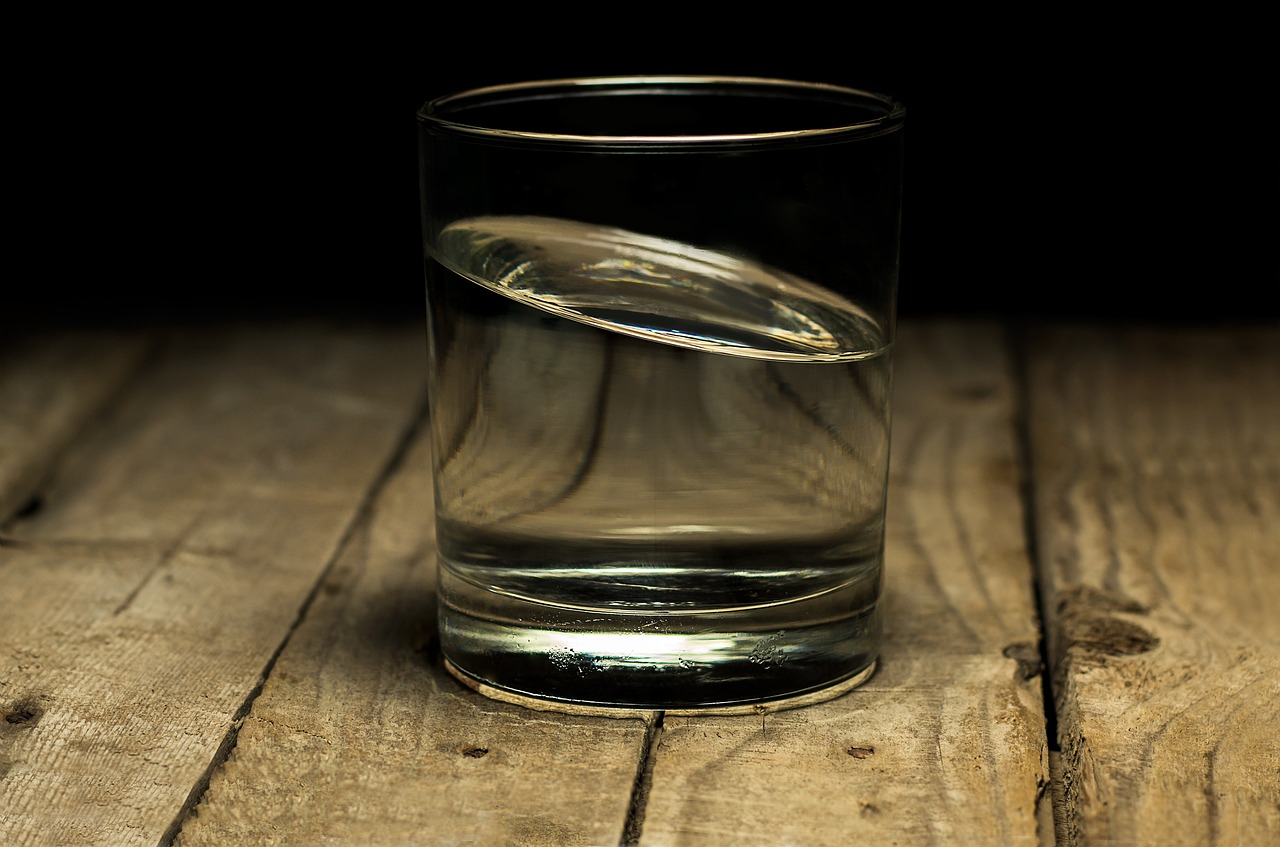Table of contents:
- Debunking myths about water intake
- Recognizing dehydration and its symptoms
- Water versus other beverages
- Hydration during exercise
- Understanding over-hydration
Debunking myths about water intake
The commonly cited advice to drink eight glasses of water daily is not universally applicable. Hydration needs vary based on age, climate, activity, and individual health. Dr. Jane Thornton suggests relying on thirst as a natural indicator.
- Hydration also comes from food, such as fruits and vegetables, and beverages like tea and coffee.
- Children and older adults may need additional reminders to drink water.
- Extreme heat or strenuous activity increases water requirements.
Professor Stephen Cheung adds that constant drinking is unnecessary for most healthy individuals. Your body efficiently signals when hydration is needed.
Recognizing dehydration and its symptoms
Dehydration often begins with mild symptoms. Early signs include headaches, difficulty concentrating, and irritability. Severe dehydration can cause darker urine, dizziness, and extreme fatigue.
In rare cases, dehydration may lead to organ failure. Certain medications, such as antidepressants, can increase dehydration risk. Fluids are critical for regulating body temperature, supporting joints, and delivering nutrients to organs.
- Mild signs: headache, lack of focus, irritability.
- Severe signs: dizziness, fatigue, dark urine.
Water versus other beverages
Water is the best choice for hydration. Dietitian Emily Campbell recommends enhancing water with lemon or lime while avoiding sugary drinks. Electrolytes, such as sodium, potassium, and magnesium, balance body fluids and support cellular functions.
Thornton advises drinking water during the first hour of exercise. For longer activities, electrolyte replacements through sports drinks or foods like bananas and watermelon are beneficial.
Hydration during exercise
Hydration needs during exercise depend on activity intensity and environmental conditions. Cheung explains that the body tolerates mild dehydration even during long races. Runners can lose body weight through water loss without significant performance decline.
- Weigh yourself before and after exercise to measure water loss.
- One liter of water is needed for every kilogram lost.
- Hot and humid conditions require increased fluid intake.
For most short workouts, significant fluid replacement is unnecessary. Post-exercise hydration is usually sufficient for recovery.
Understanding over-hydration
Over-hydration, or water intoxication, is rare but possible. Cheung notes that the body regulates fluid balance effectively through the kidneys. Excess water is naturally excreted, and there are no proven health benefits to drinking beyond normal needs.
Proper hydration is about balance. Drinking according to thirst and considering activity levels ensures optimal health without overloading the system.
source: CBC


 Six teams from around the world converged in Taipei on December 10, 2025, for the global finals of the “Go
Six teams from around the world converged in Taipei on December 10, 2025, for the global finals of the “Go The MedsCheck program in Ontario has entered a period of intense scrutiny as newly released financial records and survey findings
The MedsCheck program in Ontario has entered a period of intense scrutiny as newly released financial records and survey findings For many first-time wearers, stepping into the world of black wigs can be both exciting and a little overwhelming. Whether
For many first-time wearers, stepping into the world of black wigs can be both exciting and a little overwhelming. Whether

